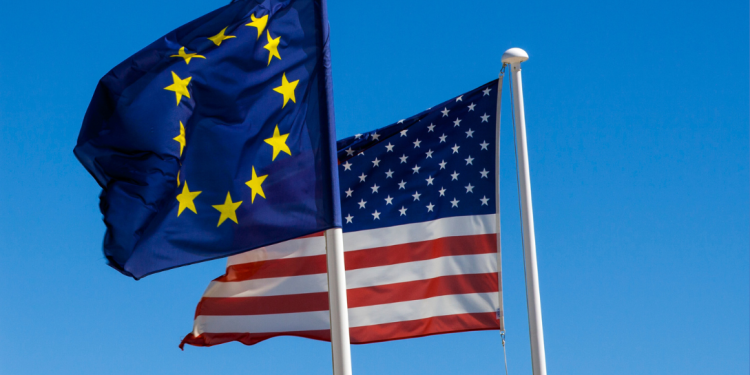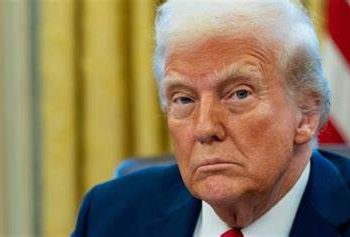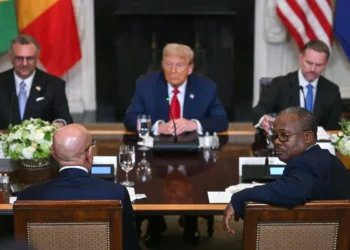In a surprising turn of events, the European Union has announced a 90-day suspension of its planned counter-tariffs on the United States, just one day after President Donald Trump paused his controversial “reciprocal” levies.
The EU’s decision, which aims to de-escalate growing trade tensions, follows Trump’s unexpected announcement that he would freeze additional tariffs on dozens of countries, citing renewed interest in negotiations.
“We want to give negotiations a chance,” said European Commission President Ursula von der Leyen, addressing reporters in Brussels. “This is not a retreat—it’s a strategic pause to open the door for dialogue.”
The 27-nation bloc had been preparing to hit back with higher duties on US goods in response to Washington’s sweeping tariffs on European steel, aluminium, and automobiles—some of which had already come into effect.
Trump’s initial March announcement of 25% tariffs on steel and aluminium sparked global backlash. The tensions deepened when the US administration expanded measures to include 25% duties on cars and a flat 20% on a broad range of goods, though the latter has now been temporarily shelved.
“More than 75 countries have reached out to the White House for trade talks,” Trump said, defending his approach as a negotiating tactic. “People are finally realizing that we mean business.”
Despite the temporary relief, Europe remains cautious. Von der Leyen was clear that the pause isn’t permanent.
“If negotiations are not satisfactory, our countermeasures will kick in,” she warned, underscoring that the EU remains ready to defend its economic interests if diplomacy fails.
European Commission industrial strategy chief, Stéphane Séjourné, urged businesses to remain alert.
“Calm and caution must guide our response,” he said. “The only certainty is that instability will remain for the next four years.”
Analysts have echoed these concerns, warning that the unpredictable nature of US trade policy under Trump could rattle global markets and stunt investment flows.
“Clear, predictable conditions are essential for trade and supply chains to function,” von der Leyen reiterated in a separate statement.
Even as it eyes a resolution with Washington, Brussels is doubling down on efforts to broaden its trade horizons. Von der Leyen said the bloc is actively pursuing partnerships covering “87% of global trade,” hinting at a strategic pivot toward more dependable allies.
Meanwhile, Olaf Gill, the European Commission’s spokesperson for trade matters, confirmed that the EU’s move is aimed at fostering diplomatic space.
“We’ve pressed the pause button to allow room for negotiations and to consult with our member states on the best way forward,” he stated.
But the path to compromise could be bumpy. Since returning to the White House in January, Trump has adopted a more combative tone toward Brussels, accusing the EU of exploiting the US economy.
“They rip us off,” Trump declared last week. “It’s so sad to see. It’s pathetic.”
He also slammed the EU’s value-added tax system—currently at a 15% standard rate—as “unfair,” claiming it acts as a de facto 39% tariff on American goods. However, trade experts and EU officials quickly dismissed the claim, noting that the actual average tariff between both economies is closer to 1%.
As talks prepare to begin, both sides appear willing but wary. Whether this truce becomes a turning point or just a pause in an ongoing trade standoff remains to be seen.

















